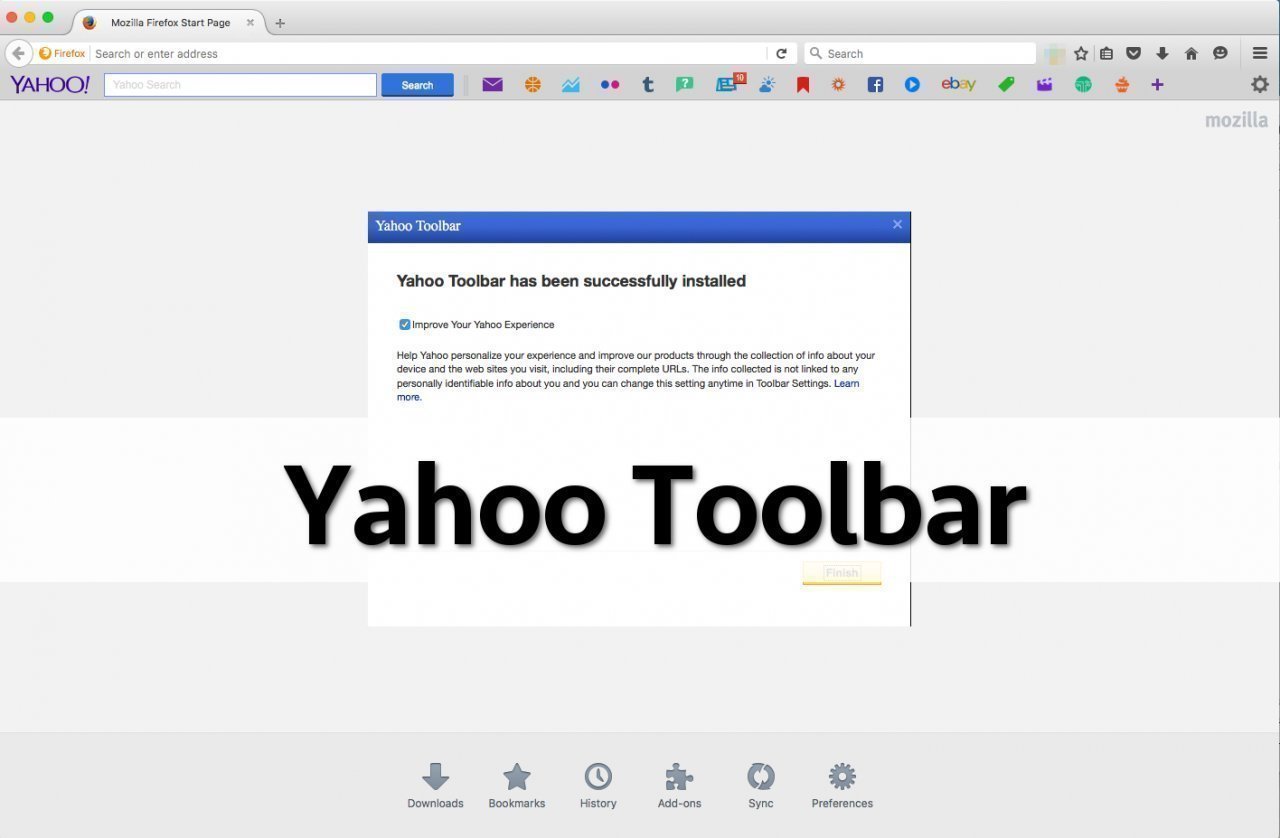Introduction
Mac Tools first objective is to lead the industry through product innovation, world-class service, integrity, and being Great to Work With™. Mac Tools introduces new tools for emerging technologies faced by mechanics in the field. Create, edit, and collaborate with others on spreadsheets from your Mac. With Google Sheets you can: – Create new spreadsheets or edit any that were created on the web or on another device. – Share spreadsheets and work together with others in the same spreadsheet at the same time. – Open, edit, and save Microsoft Excel files. The Mac Tools SmartEAR3 Noise & Vibration Detection app was developed to help assist the service technician in locating and finding defective or worn parts in automobiles, heavy machinery.
This guide explains how to install OR-Tools from source, with support for .Net, on MacOS. Unless you plan to modify the source code or use a third-party solver with OR-Tools, we recommend the binary installation.
Although these instructions might also work on other MacOS variants, we have only tested them on machines meeting the following requirements:
- MacOS 10.15.5 (Catalina) 64-bit (x86_64)
Prerequisites
The following sections describe the prerequisites for installing OR-Tools from source.
Xcode Command Line Tools
You must install the Xcode Command Line Tools. To do so, open the Terminal, found in /Applications/Utilities/, and enter:
Click 'Install' to download and install Xcode Command Line Tools. You don't need to 'Get Xcode' from the App Store. If you have a slow Internet connection, it may take many minutes.
Verify that you've successfully installed Xcode Command Line Tools:
You should see:
Homebrew
To install the remaining prerequisites, we recommend first installing the 'missing package manager for macOS' otherwise known as Homebrew. To do so, open a terminal window and enter:
To verify that you've successfully installed brew:
You should see:
C++ tools
To install C++ tools, open a terminal window and enter:
SWIG tool
To install SWIG tool, open a terminal window and enter:
.Net tools
How do u screenshot on a mac. To install .Net tools, open a terminal window and enter:
Download the source code
There are two distinct branches of the OR-Tools source code onGitHub: stable and master.The stable branch has been thoroughly tested and should work flawlessly on allsupported platforms. The master branch is where the latest updates and improvementshave been applied; it's more current, but less stable.
Download the stable source code
You can get the stable source code for OR-Tools in either of the following ways:
- Clone the stable branch by entering
- Download the latest release in a compressed file, byclicking the Clone or download buttonin GitHub.
Google Tools For Collaboration
The full path to the installation directory (where you extract the files) must not contain any spaces.Download the master source code
To retrieve the source code from the master branch, enter
Download previous releases

You can get the source code for previous releases in either of the following ways:
- Download a previous release from the GitHub release page.
- Assuming you have already created a local repository (by
git clone), you can check out a specific release using a Git tag. For example, to work with the v8.0 release instead of the master branch, enter the following commands in your local repo:
Build third parties
Before building OR-Tools, you'll need to build the required third party software.
Open a terminal and navigate to the directory where you extracted the files. Then enter:
Using SCIP
Since v7.8, SCIP is now integrated so you won't have to install it manually.
Warning:While OR-Tools ships with SCIP, please consult theSCIP license to ensure that you are complying with it.Using Gurobi
Gurobi is now pre-integrated. When needed, at runtime, OR-Tools will search for the Gurobi shared library in the default install path of the Gurobi installers on MAC OS X and Windows, or by using the GUROBI_HOME environment variable.
Using an optional third-party MIP solver
You can also use OR-Tools with any of the following optional third-party MIP solvers whose support is disabled by default:
- GLPK (Linux and MacOS only)
To configure OR-Tools to use one of these solvers, do the following steps:
- Install the optional solver following the vendor instruction.
- Open
Makefile.localand add the path to the directory where you have installed the solver. For example, for CPLEX you would add this:
Build the source code
To build the source code, open a terminal and navigate to the directory where you extracted the files. Then enter the following command to compile OR-Tools:
Test the source code
You can check that everything is running correctly by entering:
This runs a selection of examples for OR-Tools. If all the examples run successfully, you are ready to get started with OR-Tools.
Google For Mac Computer
Cleaning the build files
If you need to re-install OR-Tools, the command:
will remove all compiled dependencies and Makefile.local. This can be useful for resetting to a clean state.
Then re-enter the commands Best external hard drive for video editing mac.
